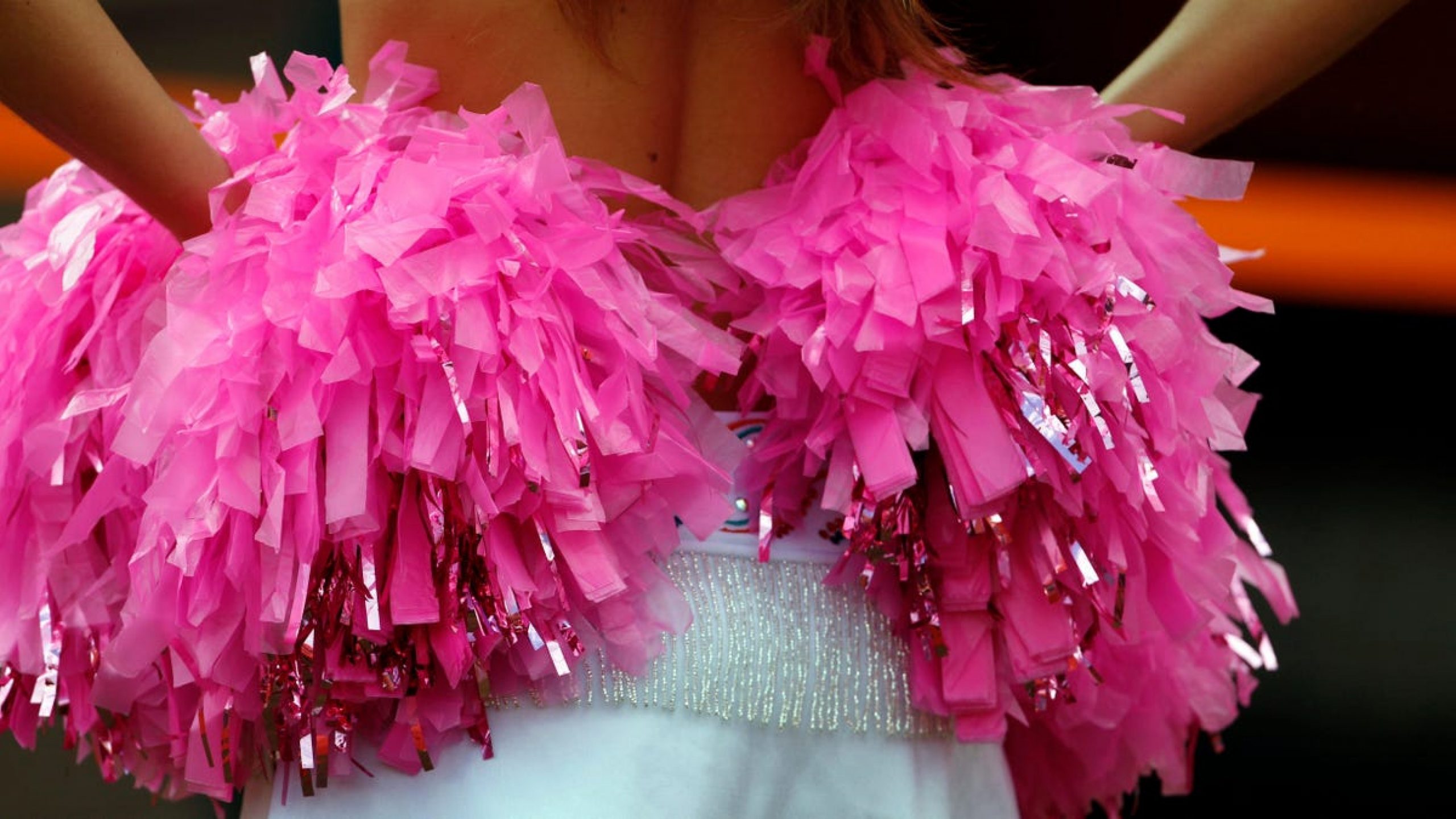Supreme Court Rules Cheerleader’s ‘F*ck School’ Snapchat Post Was Protected Speech
The U.S. Supreme Court on Wednesday ruled that a Pennsylvania high school violated the First Amendment rights of a former cheerleader by punishing her for saying “fuck school” on Snapchat. The decision potentially restricts schools’ ability to regulate students’ off-campus speech.
In an 8-1 decision upholding a lower court’s ruling, the Supreme Court found that Mahanoy Area High School overstepped its powers to police the speech of students when coaches suspended then-14-year-old Brandi Levy from the school’s cheerleading squad for a year over two Snapchat posts she published in 2017 from her own phone, off school grounds, and on her own time.
“B. L.’s posts are entitled to First Amendment protection,” Justice Stephen Breyer wrote in the Court’s opinion. “The statements made in B. L.’s Snapchats reflect criticism of the rules of a community of which B. L. forms a part. And B. L.’s message did not involve features that would place it outside the First Amendment’s ordinary protection.”
“Fuck school fuck cheer fuck softball fuck everything,” Levy wrote on a Snapchat photo of herself and a friend giving the middle finger after she failed to make the varsity cheerleading team, according to the ACLU. The snap was posted on a Saturday and disappeared 24 hours later—before the beginning of the school week—but it eventually circulated through the school and made its way to the cheerleading squad’s coaches.
Schools have a strong legal precedent in the 1969 Tinker v. Des Moines ruling to restrict the speech of students in cases that involve bullying or harassment, threats, or other speech that significantly impacts the learning environment. It is because of these expansive powers to limit students’ free speech that the Court found it necessary in this case to set a high bar for instances when these powers may be employed. Further, the Court found that the school simply overreacted.
G/O Media may get a commission
“The school’s interest in preventing disruption is not supported by the record, which shows that discussion of the matter took, at most, 5 to 10 minutes of an Algebra class ‘for just a couple of days’ and that some members of the cheerleading team were ‘upset’ about the content of B. L.’s Snapchats,” Wednesday’s ruling reads. “This alone does not satisfy Tinker’s demanding standards. Likewise, there is little to suggest a substantial interference in, or disruption of, the school’s efforts to maintain cohesion on the school cheerleading squad”
Justice Clarence Thomas, in his solitary dissent, claims the court has ignored a long history of schools disciplining students over “disrespectful language”—on and off school property—citing one case from 1859 in which a student was punished for apparently disparaging a teacher as “old.” He writes of the ruling, held then by the Vermont Supreme Court: “A school can regulate speech when it occurs off campus, so long as it has a proximate tendancy to harm the school, its faculty or students, or its programs.”
“If there is good constitutional reason to depart from this historical rule,” Thomas writes, “the majority and the parties fail to identify it.”

